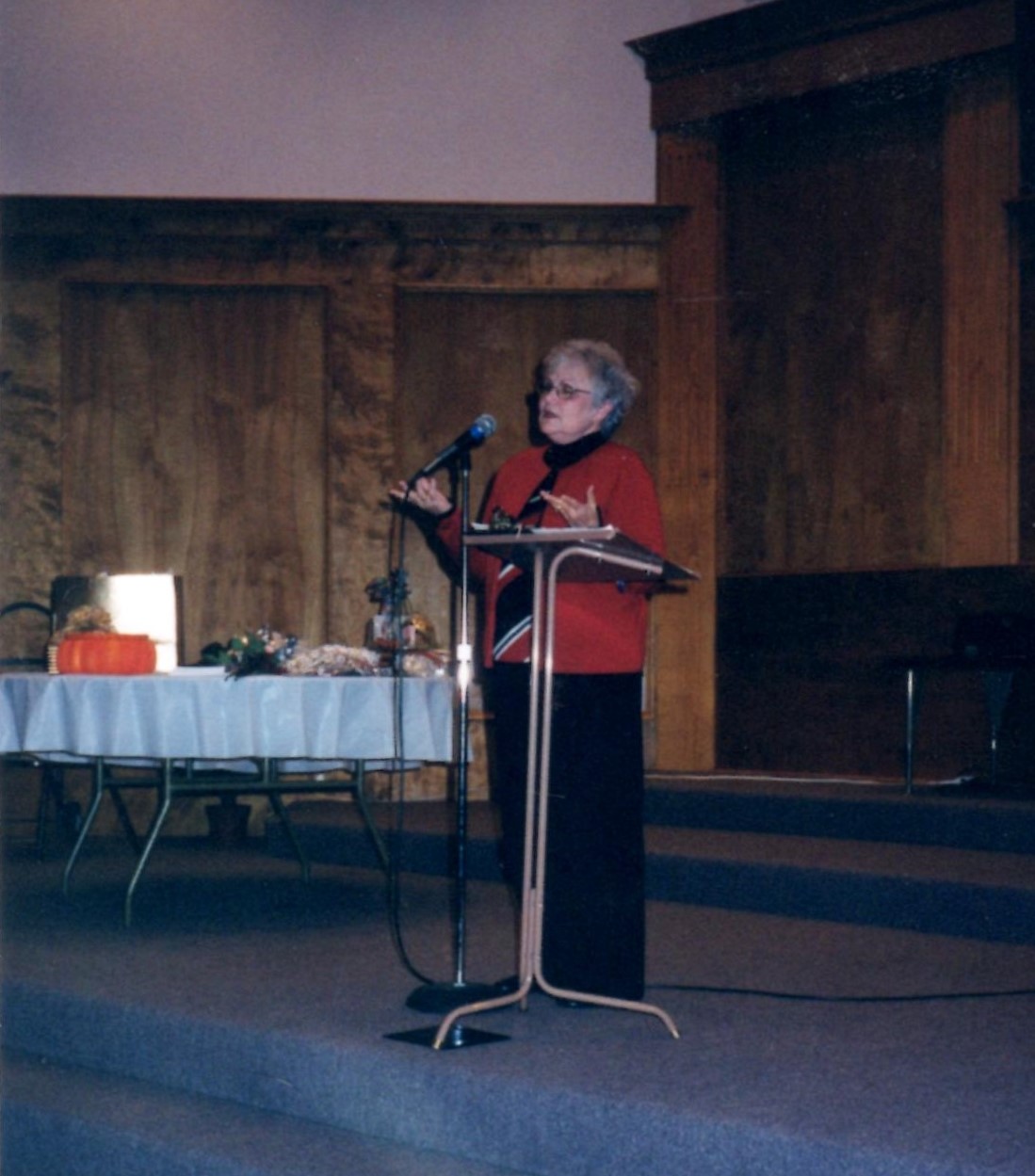
“My husband and daughter were with me, and I told them how I was unable to see,” the 79-year-old, southeast Houston resident recalled. “I soon realized I had lost the vision in my right eye.”
The trio continued their 45-minute drive back to their home, discussing Voss’s condition along the way.
“When we got home, my daughter and husband insisted that I go get looked at,” she said. “I was in no pain and had no other symptoms, but still had not regained vision in my right eye. We suspected I had had a stroke and told the hospital staff that upon our arrival at the Emergency Center.”
The Emergency Center clinical team whisked Voss back to the CT scanner, where it was determined she had, indeed, suffered a stroke. They administered a clot-busting drug to dissolve what was blocking the blood flow to her brain.
Once the immediate threat was resolved and blood restored to her brain, Naveed Saqib, MD, associate professor in the Department of Cardiothoracic and Vascular Surgery at McGovern Medical School at UTHealth Houston and a vascular surgeon affiliated with Memorial Hermann was consulted to help guide Voss’s follow-up care.
“Mrs. Voss had a symptomatic severe stenosis in her right carotid artery, which was the source of her stroke,” Dr. Saqib said. “The severe blockage placed her at a higher risk of a recurrent stroke. We needed to intervene to prevent another, potentially severe, stroke. The highest risk of recurrent stroke is within the first few weeks.”
Dr. Saqib explains that carotid artery disease occurs when there is a buildup of cholesterol plaque, or fatty deposits, in the blood vessels known as the carotid arteries. The carotid arteries deliver blood to the brain and head. This buildup of plaque causes narrowing of the arteries and can reduce blood flow. If blood doesn’t reach the brain to carry vital oxygen, a stroke can occur. This can lead to paralysis, speech problems, memory loss and even death. Carotid artery disease is estimated to be the source of stroke in up to one-third of cases, Dr. Saqib says.
In Voss’s case, Dr. Saqib recommended she undergo a minimally invasive procedure known as a transcarotid artery revascularization, or TCAR, to stabilize the plaque and prevent debris or clots in her carotid artery from traveling to the brain.
During the TCAR procedure, the surgeon makes a small incision in the neck, just above the collarbone. A sheath is then inserted into the carotid artery through a small puncture into the vessel. That sheath provides a mechanism through which blood flow is reversed into a filtration device outside the body. That filter catches any plaque particles that break off during the manipulation of the artery. From that filter, blood is returned to the body through another catheter, placed into a vein in the groin through another small puncture. Once a stent is placed into the artery to prop the vessel open and stabilize any plaque within its walls, the sheath is removed from the blood vessel and blood flow is restored through the carotid artery in the proper direction toward the brain. The filtration device is then removed from the vein in the groin vessel.
Currently, TCAR is offered only to those with a high risk of cardiac complications due to heart, lung or kidney conditions, but it soon will be available to patients who are at a lower surgical risk, Dr. Saqib says. Vascular surgeons at Memorial Hermann Southeast have been performing TCAR for stroke prevention for about three years, nearly as long as it’s been available in the United States. Apart from Voss being a 20-plus-year breast cancer survivor, her age and preexisting conditions made her a candidate for TCAR.
Dr. Saqib and his partner Gordon Martin, MD, associate professor in the Department of Cardiothoracic and Vascular Surgery at McGovern Medical School and a vascular surgeon affiliated with Memorial Hermann, were early adopters of this procedure and have collectively performed nearly 120 TCARs.
“The gold standard in carotid artery revascularization remains carotid endarterectomy,” Dr. Martin said. “That procedure involves exposing the carotid artery through an incision in the neck, clamping off blood flow and opening the artery to scrape out the plaque.”
Dr. Martin says that carotid endarterectomy carries risk for cardiac complications and can negatively impact cranial nerves, causing swallowing and speech problems following the procedure. Another procedure, carotid stenting through a catheter inserted through the groin into the femoral artery, also carries risk for stroke during the procedure, as small pieces of plaque may break loose and travel to the brain as the catheter reaches the blockage and the stent is put into place. TCAR minimizes these risks. Additionally, TCAR takes half as long as carotid endarterectomy, so patients aren’t under anesthesia as long. And with a smaller incision, recovery is quicker, and patients experience less discomfort after the procedure. Patients typically stay one night in the intensive care unit and go home the following day.
Dr. Saqib says that 80% of strokes are preventable with timely screening, early diagnosis of carotid artery disease, lifestyle modification, medications and carotid interventions, such as TCAR, carotid stenting or carotid endarterectomy. “Carotid artery disease is typically silent, showing no symptoms,” he said. Screenings, using a simple ultrasound, are available for patients at high risk for stroke because of conditions like high blood pressure, diabetes, obesity and smoking.
“I had no pain, and despite my loss of vision from the initial stroke, I’m feeling amazingly well,” Voss, a small business owner and active church member, said of her recovery. “I thank God and those amazing doctors! I have such appreciation for what they do.”
Contact Us
Please fill out the fields below and we will contact you, or call (713) 222-2273 for more information.